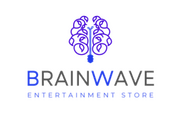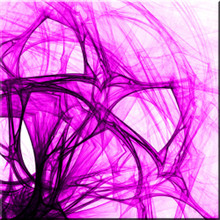 Loading... Please wait...
Loading... Please wait...- Home
- Isochiral Music
- Power Nap (Isochiral Music)
Product Description
Evidence is mounting that taking a power nap during the day appears to enhance information processing and learning. New experiments by Alan Hobson M.D., Robert Stickgold Ph.D., and colleagues at Harvard University show that a midday sleep reverses information overload and shows a 20 percent improvement in learning a motor skill.
While the so-called 'super-achievers' are out on their coffee breaks, researchers say real achievers have discovered a much more effective 'pause that refreshes'—the power nap.
Cornell psychologist Dr. James Maas, writes that a 20 minute nap in the afternoon actually provides more rest than sleeping an extra 20 minutes in the morning. He also writes that napping should be considered a part of one’s 'daily exercise routine.'
How Does it Work?
Accurately calibrated music synthesis software has been used to create the exact isochronic beat frequencies required to induce power napping.
Experimenting through the whole range of alpha waves (from 8 - 12 Hz) it was found that a combination of frequencies consistently induced fast sleep.
The induction was quickest and most effective when sleep had been lacking the night before.









